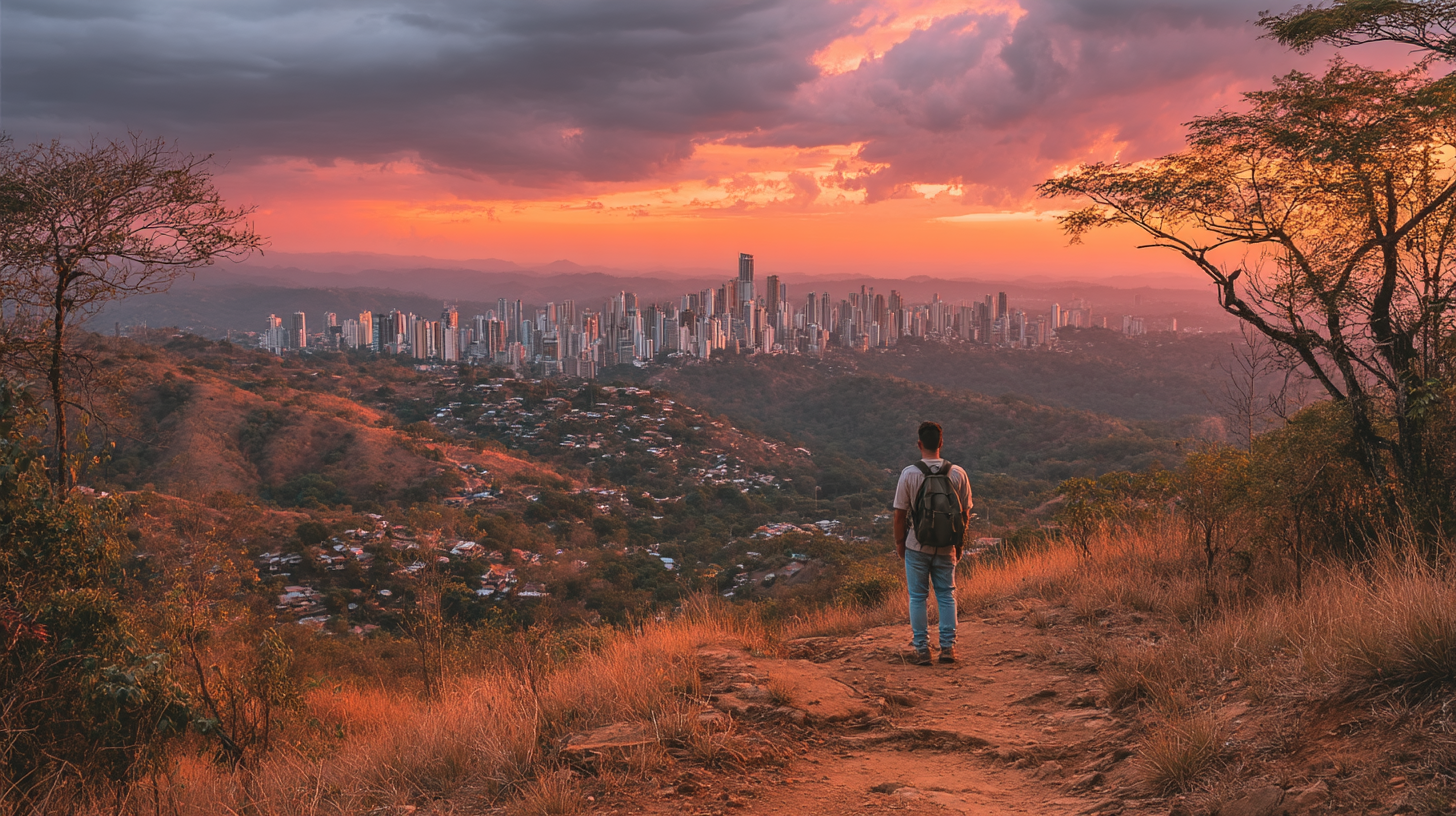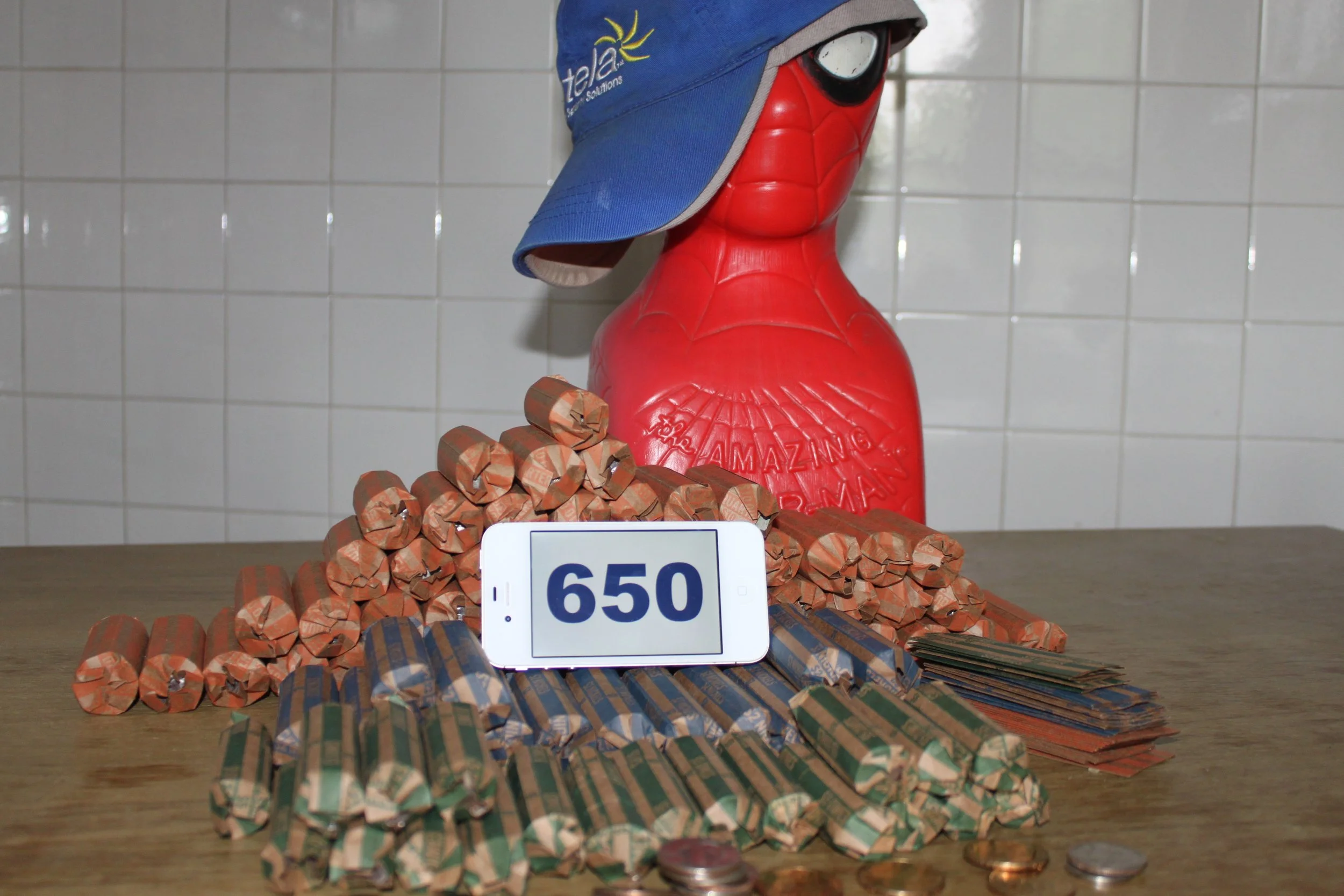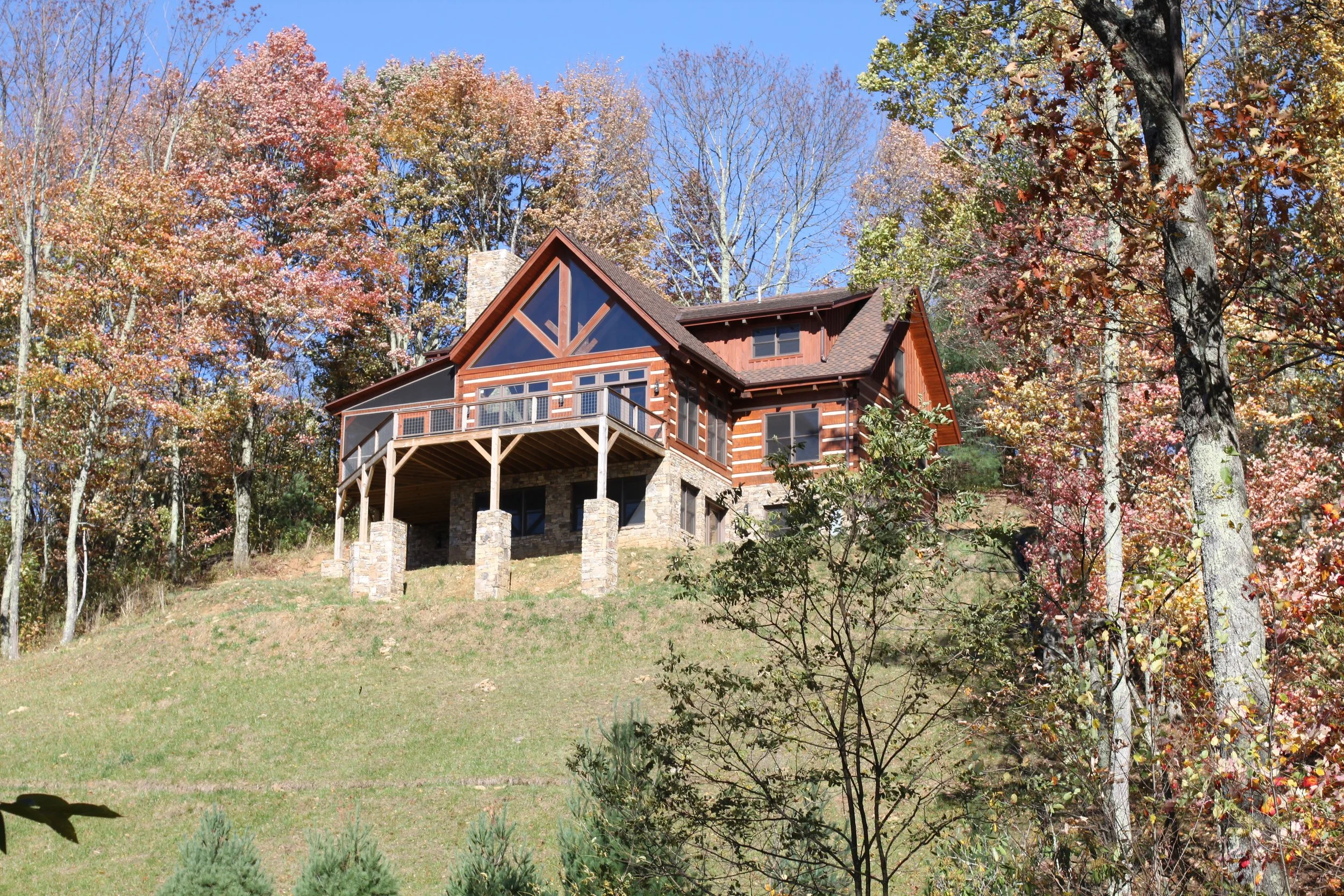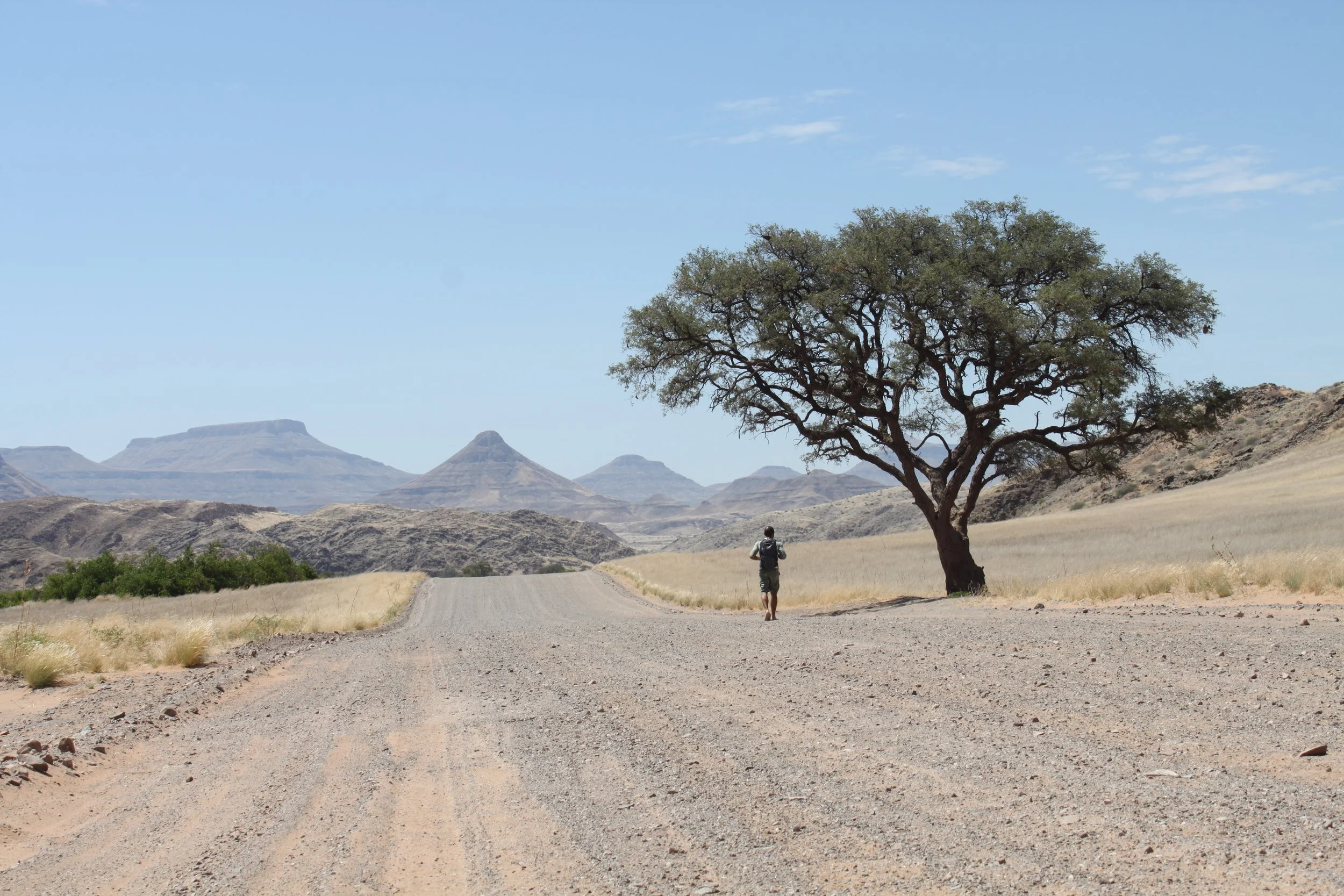YOU DON’T WANT FREEDOM
THE FREEDOM TRAP: How Financial Goals Become Prisons
Be honest.
Are you stepping into your latent potential every day?
Or are you waiting for something?
Most people think they want freedom. Perhaps you even have a 'number'—a specific amount in savings, a net worth target, an investment milestone, and imagine that when you reach it, life will feel different. You'll compromise less, risk more, and live closer to your dreams.
Picture a bird in a cage with the door wide open, refusing to fly out because it's convinced it needs more seeds first.
What if asking “When will I HAVE enough?” is the wrong question, a way to avoid the real question hiding underneath?
When will I BE enough?
Most people don’t blossom when they retire. Lifestyles and beliefs have inertia. After 40+ years of compromise, with security in the bank and a downhill glide ahead of you, who really has the appetite to start taking big risks?
The golden handcuffs aren't made of money, they're forged from fear.
What you really want isn’t freedom. It’s commitment. You want to live in authentic service of something greater than yourself. But to do that, you must first believe that what you have to offer is valuable.
And to get there, you must stop giving energy to things you don't believe in.
The Three Stages of Authentic Service
There’s a path out of the freedom trap—a 3-stage journey:
Withdraw from the Inauthentic: Stop fueling systems and choices that drain you. Get clear on what you actually need.
Reinvest in Knowing Yourself: Build trust, clarity, and confidence by listening to your energy and desires.
Serve from Overflow: Let your contribution come from a place of abundance, not obligation. This is authentic service.
Each stage reverses the flow of energy from external validation to internal alignment. This is what LifeStyle Integrity is all about.
STAGE 1: Withdraw from the Inauthentic
Before Elon Musk became a billionaire, he conducted a now famous experiment: living on $1 a day for a month.
This wasn't about saving money. It was about psychological liberation through applied Stoicism. He slept on friends couches.
"I figured if I could live off a dollar a day then, at least from a food standpoint, it's pretty easy to earn $30 a month, so probably I wouldn't starve," Musk explained.
By proving he could survive on almost nothing, Musk discovered that his fear of failure was an illusion. Knowing he'd be fine eating ramen and hotdogs, he became free to gamble everything else. His subsequent willingness to bet his entire fortune on Tesla and SpaceX during their darkest hours suddenly makes more sense.
Freedom comes from needing less, not having more.
The Hedonic Handcuffs
We think owning things will make us secure, but research shows that beyond basic needs, accumulating more generates an anxiety of losing it.
We spend more to signal our worth to ourself and others, quickly adjust , turning luxuries into necessities and trapping ourselves in an endless cycle.
We say luxuries are about comfort, but often they’re about belonging—even if it means belonging to a world we don’t believe in.
You can fly on your own private jet and still feel spiritually bankrupt if every dollar was earned by betraying who you really are.
The Freedom Equation: Earn More vs. Need Less
Traditional Approach - External Validation
Live the life you SHOULD
Earn more money
Increase ‘wealth’ (build a fortress against uncertainty)
Reach financial "independence" number (finally feel secure)
Live ‘the dream’ (if you remember who you are)
Self-Trust Approach - Internal Validation
Live the life you WANT
Nurture your inherent capability
Refuse to become beholden to possessions
Create flexibility by trusting your resourcefulness
Make changes based on who you're becoming, not what you're accumulating
Instead of "How much money do I need to be free?"
Ask: "Do I trust myself to navigate whatever comes?"
STAGE 2: Invest in Knowing Yourself
Financial Independence Retire Early Reclaim Energy
The FIRE movement is all about living so far within your means that you can stop working way before you are in your 60’s.
A friend of mine did exactly this, but he didn’t retire, he founded a billion dollar company.
M told his mother he would be financially independent by 30, at 24 he was working as a software engineer making $140,000/year. Living on 1/3 and saving for 6 months, he saved 12 months of runway then shifted to freelance. “When I could say no to everything, I could hold out for the really good contracting gigs.”
He started a software company.
It failed…
but, when you trade external validation for internal curiosity you step into a Growth Mindset and "failure" becomes valuable data rather than an identity threat.
His passion for coding exploded
Moving from SF to NYC, a friend asked for a code review on his new company. The team had been working for 3 months. The code was a mess. M dropped everything and wrote a new prototype in an epic 3 day sprint. A new company was born. He became a 50/50 cofounder. He took a $40,000 salary knowing he could survive in NYC on very little.
The freedom to say no allowed him to wait for the ‘Hell Yes’ that eventually comes when we can hold space without anxiety.
The company rapidly became worth over a billion dollars. He cashed out much of his equity early and walked away with $7M. Everyone else is still waiting for their liquidity event.
He was 31. (How’s that for Manifestation!)
He has moved on. We go for long walks and play music, talk philosophy and discuss the books we are reading. He’s working on a few new ideas now, all of them oriented towards contribution and connection.
The Paradox of FREEDOM
Maintaining optionality is a trap.
We want freedom so we can commit.
Freedom is the medium of exchange itself - it's the fundamental unit of value in life decisions. Like money, it only has value if you spend it.
If you want to be a professional athlete you don’t wait until after you retire from your corporate job. What makes you think your dreams are different?
If you hoard cash until you are elderly you have wasted your wealth.
The heart is a navigational muscle that gets stronger with use and weaker without it. If you postpone your passion until retirement then, like muscles that aren’t used when you are young, your passion atrophies.
A fear of commitment is actually a fear of freedom.
And please don’t blame your children for your fears. Your living small does not serve them. They feel the weight of your sacrifice as resentment.
"The greatest burden a child can bear is the unlived life of the parents." - Carl Jung
Wouldn’t they rather see the fire in your eyes?
Modeling self trust…..now that is a gift.
Yes, I emptied my Spider-Man piggy bank so I could take a year off.
STAGE 3: Serve from Overflow
You don’t need to have it all figured out. Just start paying attention to when you feel most alive.
Your service doesn’t have to look grand, it has to be real. A conversation, a small kindness, a creative spark—these are the seeds.
The goal isn’t to be selfless. It’s to be so full of self-trust that service becomes a joy, not a transaction.
TAKE ONE YEAR OF RETIREMENT WHEN YOU ARE YOUNG
Hearing these words pushed me over the edge.
Years later, contemplating when to renovate our basement, a friend said, "Do it now, it'll cost the same, but you'll get to enjoy it longer."
Most people spend decades living in the psychological equivalent of a house with outdated wiring, leaky pipes, and cramped rooms. They tell themselves they'll "fix it later" when they have more time, more money, more security. But the longer you wait, the shorter the period you get to enjoy the upgraded version of yourself.
How often do we delay renovating our life? Our mind? What happens if we prioritize wisdom when we are young?
When I was 34 I was living “a great life” in NYC. For over a decade I knew I was in the wrong career but I had a 6-figure salary, a full calendar, and I couldn’t see another path forward. I had $18,000 in the bank ‘for retirement’ and the promise of $12,500 coming back ‘soon’ from an investment in a TV show called Sex, God, Rock n Roll. I did the math. After moving and taxes, if I could live on $84/day, I could survive for a year.
I decided to quit my career of 15 years and move to a log cabin on top of a mountain to focus on inner work full time. My intuition was that before the year was over I would be a better version of myself more capable of seeing what to do next.
A year later I moved back to New York City to commit to my coaching career full time. I was broke. Within two weeks we had a baby on the way. I had to sell my car and much of my recording studio gear to pay the bills. Was I terrified?
What I did have was immense inner strength, self knowledge, and clarity on how I wanted to earn my living. More importantly, I understood what I had to offer the world. I simply got to work.
Today I make many multiples of my old salary, work far fewer hours, and I am doing something I am deeply passionate about. The renovation was worth it. I've been living in the upgraded version of myself for years and the return on that investment compounds daily.
Investing in yourself when you're young isn't just smart—it's the longest-term play you can make.
My Log Cabin for the Year
What Dying Can Teach Us About Living
What’s the cost of never making the shift?
Bronnie Ware, a palliative care nurse who spent years recording the final reflections of the dying, documented something remarkable: not one person on their deathbed wished they had made more money or achieved higher career status.
Instead, the top regrets were:
"I wish I'd had the courage to live a life true to myself, not the life others expected."
"I wish I hadn't worked so hard."
"I wish I'd had the courage to express my feelings."
"I wish I had stayed in touch with my friends."
"I wish I had let myself be happier."
No one regrets not accumulating enough wealth to feel secure. They regret the time spent seeking external validation.
Harvard Business School research confirms this: people who value time over money report higher levels of happiness and life satisfaction. We sacrifice decades trying to feel secure enough to live authentically, only to realize on our deathbeds that every compromise of our truth was a withdrawal from our confidence account.
A photo I took in Namibia shooting a show called ‘The Hostel Life’ during my year off
Building Internal Validation: Developing Authentic Service
Breaking free from golden handcuffs isn't about mastering money. It’s about reversing the flow of energy—instead of withdrawing confidence and energy through people-pleasing, you start making deposits through authentic action. In Stage 1 you stop giving what you think others want. In Stage 2 you turn inwards and learn to give yourself what you need. In Stage 3 you offer your excess as gifts to something greater than yourself.
First we serve others' expectations, then we must learn to serve ourselves, and finally we serve from a cup that is overflowing.
Stage 1: Recognize External Validation Patterns
Take Control of Your Time: Are you saying yes to commitments that drain you because you're afraid to disappoint others?
Take Back Your Money: Before buying something, ask: "Am I purchasing this item for me, or for them? Is this because of the joy it brings me or because of how others will perceive me?"
Stage 2: Develop Internal Awareness & Validation
Practice Trusting Yourself with Less: Experiment with living at 50-70% of your current spending for one month. This isn't about saving money—it's about discovering that your sense of security can come from self-trust rather than accumulation.
Define Your Own 'Enough Point': Determine what genuinely provides for your needs without society's judgment. This isn't about deprivation—it's about trusting your own assessment of what constitutes a good life and trusting that enough has always been a feeling, not a number.
Stage 3: Discover Authentic Service
Keep an Energy Journal: Track how different activities affect your energy. Notice what energizes versus drains you, regardless of external status or monetary value. Your body is always speaking the truth of the present moment, it's your mind that argues with reality.
Notice Where Your Gifts Are Needed: Pay attention to moments when you get energized offering someone else what they need. You will FEEL it. Even the smallest interactions matter. These glimpses reveal where your authentic self can be of service on a bigger scale as you learn to trust its value.
The goal isn't to become selfish, but to become so full of authentic self-trust that your service flows from abundance rather than desperate need for validation.
The separation between self and service is an illusion. When you offer your true gifts, you find that you were never separate from what you were serving.
‘Max Patch’ - a lookout on the Appalachian Trail
The Courage to Begin
Imagine for a moment that you were to walk away from your current job tomorrow.
Don't just read this, take a risk. Be deeply curious.
Can you see your old job behind you?
Now look straight ahead.
Let yourself dream just a little.
What do you see in front of you?
Now focus on your chest and your stomach.
How do you feel?
Do you feel more alive or less?
Is this a feeling you want to wake up to?
Do you wonder what your life will look like in 20 years if you let this energy guide you?
Freedom's just another word for nothin' left to lose, but commitment—authentic service to something greater than yourself—that's where the meaning in life creeps in.
What are you waiting for?
